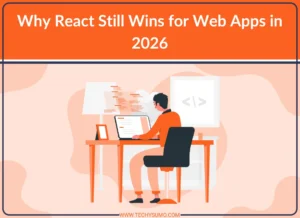The coronavirus pandemic put the whole world on halt, bringing all events to a standstill, and leaving an indisputable mark on us all. And – if there is one non health-related thing that we have taken from the pandemic – it’s that our views on live events have changed for the better. We’ve all become able to access and create events online through the use of online webinar and video platforms. With regards to virtual events, we must adapt to this transition because it will only accelerate in the coming years.
Virtual Events during Covid-19
During the Covid-19 pandemic, we had no choice but to resort to video conferencing for all of our social and work needs. We could only interact with others through a screen, whether it be for an event, interview or even a court hearing. Virtual events proved to be a lifesaver, allowing us to feel like we were once again a part of something. They provided a much needed connection with others and allowed us to reclaim a glimpse of reality. Without virtual events during the pandemic, many businesses could have fallen and brands would have lacked interaction with customers
What now for Virtual Events?
Getting back to normality will take time after the pandemic has passed, and it’s still taking time to adjust the physical boundaries of life. With most events in the future, we expect there to be many virtual involvement options, as accessing an event virtually is not only easier, but it also allows more people to join if handled correctly. People are still affected by the coronavirus and are wary of its harmful potential, therefore it is for the best that event organizers provide a virtual option for those who don’t feel safe enough to access an event physically.
Of course, not all events will stick with or adopt a virtual approach – after all – we should value the real world and our surroundings. Major events like festivals, beach events and conventions serve the purpose of gathering together at a desired location to meet in person.
However, virtual events will most likely continue to grow in popularity among events that are more focused toward expanding their reach. Physical events are restricted to one location and therefore limited to a restricted audience. Virtual events, however, can allow people from all over the world to access your event via the click of a button. This provides a unique opportunity for businesses to expand their reach through hosting events. Another thing to expect from virtual events is individuals calculating and examining the return on investment from attending the event.
Also Read
Virtual events are convenient, less time consuming, accessible, and reality simple to set up. All events have a degree of importance, but some don’t seem necessary to locate yourself and your attendees in a physical boundary, when you can easily access an online video call through the click of a link.
So with all that said, it’s certainly looking like virtual events are going to continue developing and become a staple of all events in the future. With their added benefits and conveniences – there’s no doubt that the future of virtual events is only at an early stage.






